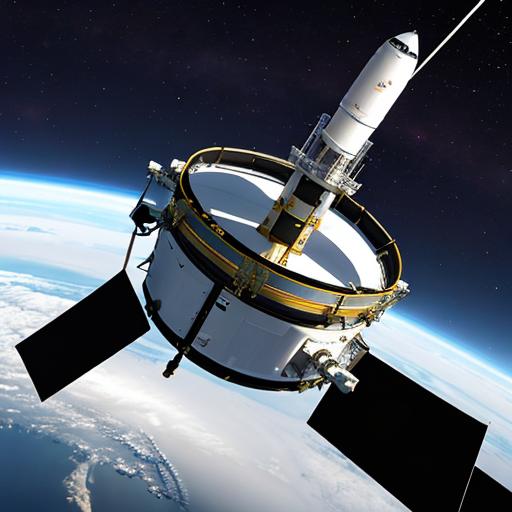The absence of gravity or the presence of microgravity aboard spacecraft unlocks a realm of scientific possibilities, offering a unique environment for conducting experiments that are impossible or challenging on Earth. The controlled conditions of microgravity allow researchers to explore various scientific phenomena, test technologies, and conduct experiments across diverse fields, ranging from physics and biology to materials science and medicine.
Microgravity, characterized by a state of near-weightlessness, eliminates the effects of gravity, enabling experiments free from gravitational constraints. This environment provides insights into fundamental principles governing physical and biological processes, shedding light on phenomena often masked or altered by gravity on Earth.
The study of fluid dynamics in microgravity reveals new insights into the behavior of liquids and gases in the absence of gravitational forces. Experiments conducted aboard spacecraft offer a clearer understanding of fluid behavior, leading to advancements in areas such as propulsion systems, fuel efficiency, and the development of pharmaceuticals.
Biological research in microgravity explores the effects of space conditions on living organisms, including humans, plants, and microorganisms. Studying biological processes in space sheds light on how organisms adapt to microgravity, potentially unlocking discoveries with applications in medicine, agriculture, and environmental science.
The controlled environment of microgravity facilitates experiments in materials science, enabling the production of unique materials with properties impossible to achieve on Earth. The formation of alloys, crystals, and semiconductor materials in space provides opportunities for developing advanced technologies with enhanced properties.
Space agencies and research institutions conduct experiments aboard the International Space Station (ISS) and other spacecraft, offering researchers access to prolonged periods of microgravity. This extended access allows for long-term observations and experimentation, fostering comprehensive studies across scientific disciplines.
The implications of microgravity research extend to space exploration and human spaceflight. Understanding the effects of prolonged exposure to microgravity on human health is crucial for designing countermeasures and ensuring the well-being of astronauts during extended missions, such as those to Mars or beyond.
Microgravity research serves as a platform for innovative technology development. Experiments conducted in space contribute to the advancement of robotics, 3D printing, and other cutting-edge technologies, showcasing the potential of space-based research to drive technological innovation on Earth.
The collaborative nature of microgravity research involves partnerships between space agencies, academic institutions, and private industries. These collaborations facilitate knowledge-sharing, resource pooling, and the exchange of expertise, accelerating scientific discoveries and technological advancements.
The access to microgravity environments through commercial space missions is expanding opportunities for researchers and entrepreneurs. Initiatives to democratize access to space for scientific research and experiments open doors for a broader spectrum of researchers to explore the benefits of microgravity.
The lessons learned from microgravity experiments have real-world applications. From advancements in pharmaceuticals to the development of stronger and lighter materials, the insights gained from studying phenomena in microgravity often lead to innovations that improve life on Earth.
The utilization of microgravity environments for scientific experiments underscores the interconnectedness between space exploration and terrestrial advancements. The discoveries made in space-based laboratories influence various industries and contribute to enhancing our understanding of fundamental scientific principles.
Microgravity research continues to be a driving force behind innovations and breakthroughs. As space missions expand and opportunities for space-based experiments increase, the potential for discovering new phenomena and developing transformative technologies in microgravity environments grows exponentially.
The pursuit of knowledge in microgravity environments exemplifies humanity’s quest for exploration, discovery, and understanding. From unraveling mysteries of the cosmos to revolutionizing technologies, conducting experiments in microgravity remains a cornerstone of scientific progress and innovation.
























